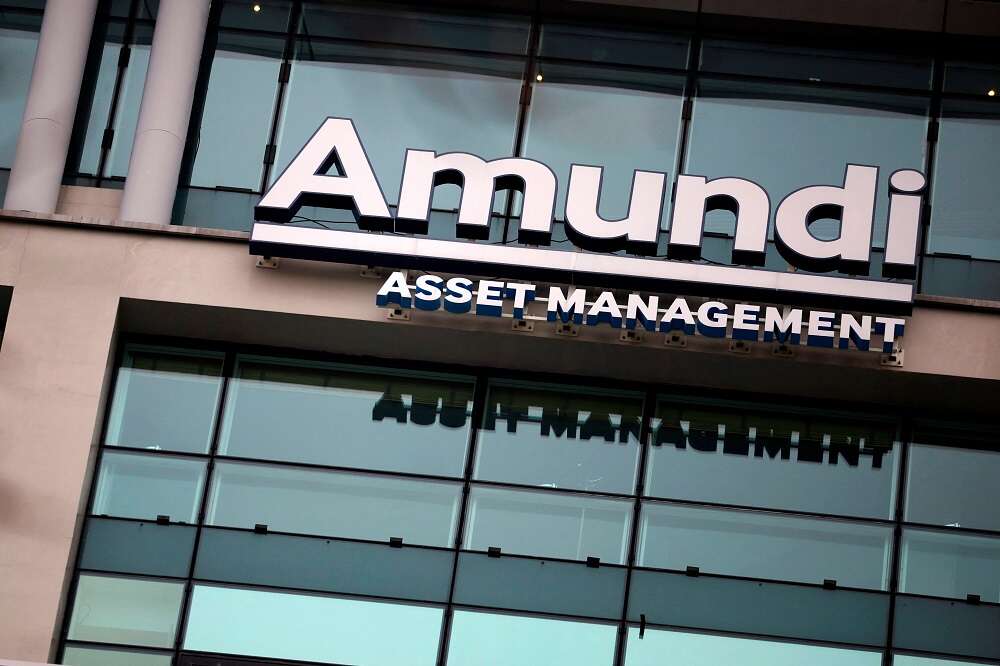
By Yoruk Bahceli
(Reuters) – Recent moves in bond and equity markets show that investors are starting to worry that the Federal Reserve may hike rates too far, a senior fund manager at Europe’s largest investor told Reuters on Thursday.
Cosimo Marasciulo, head of fixed income absolute return at Amundi, said falling market gauges of inflation expectations, equity market volatility and a deepening yield curve inversion after hawkish comments by Fed boss Jerome Powell showed the concern about a possible policy error.
Strong data prints suggesting inflation will be harder to bring down than hoped for have sharply raised market bets on where rate hikes by the Fed and peers this year will end.
Powell this week said the Fed will likely need to raise rates more than expected and that its March 22 decision hinges on upcoming economic data, prompting markets to bet a 50 basis-point rate hike is more likely than a 25 bps move.
“We are maybe very short term in an era in which the market is not convinced about this higher terminal rate, so that’s something interesting to watch,” said Marasciulo at Amundi, which oversees just over $2 trillion worth of assets.
“It’s like, the market feels that this push from the Fed might be too much compared to the risk of recession later on during the year.”
Marasciulo said bond market valuations looked better than a month ago after a sell-off that has seen benchmark U.S. and German government bond yields rise around 40 bps since February started.
“It’s more likely that (the ECB) will do less rather than doing more,” relative to the rate hike expectations priced by money markets, he said, adding he shared a similar view for the Fed.
Near-term, Marasciulo said it made sense to bet against the market consensus, by favouring a 25 bps move from the Fed, through trades favouring a steepening of the U.S. yield curve.
On the Bank of Japan, which meets on Friday for the last time under outgoing governor Haruhiko Kuroda, Marasciulo said an end to yield curve control is “very likely”. He did not specify a timing.
“That tool is clearly not a tool that the new BOJ governor wants to keep. And secondly, that we see genuine upward pressure on Japanese inflation,” he said.
“So some sort of reaction function from the BOJ would tell us that probably the yield curve control should be the first thing to be reconsidered.”
A termination of yield curve control, which has helped pin down Japanese government bond yields, would steepen global yield curves by raising risk premiums on bonds overall, Marasciulo added.
(Reporting by Yoruk Bahceli; Editing by Dhara Ranasinghe and Alison Williams)


